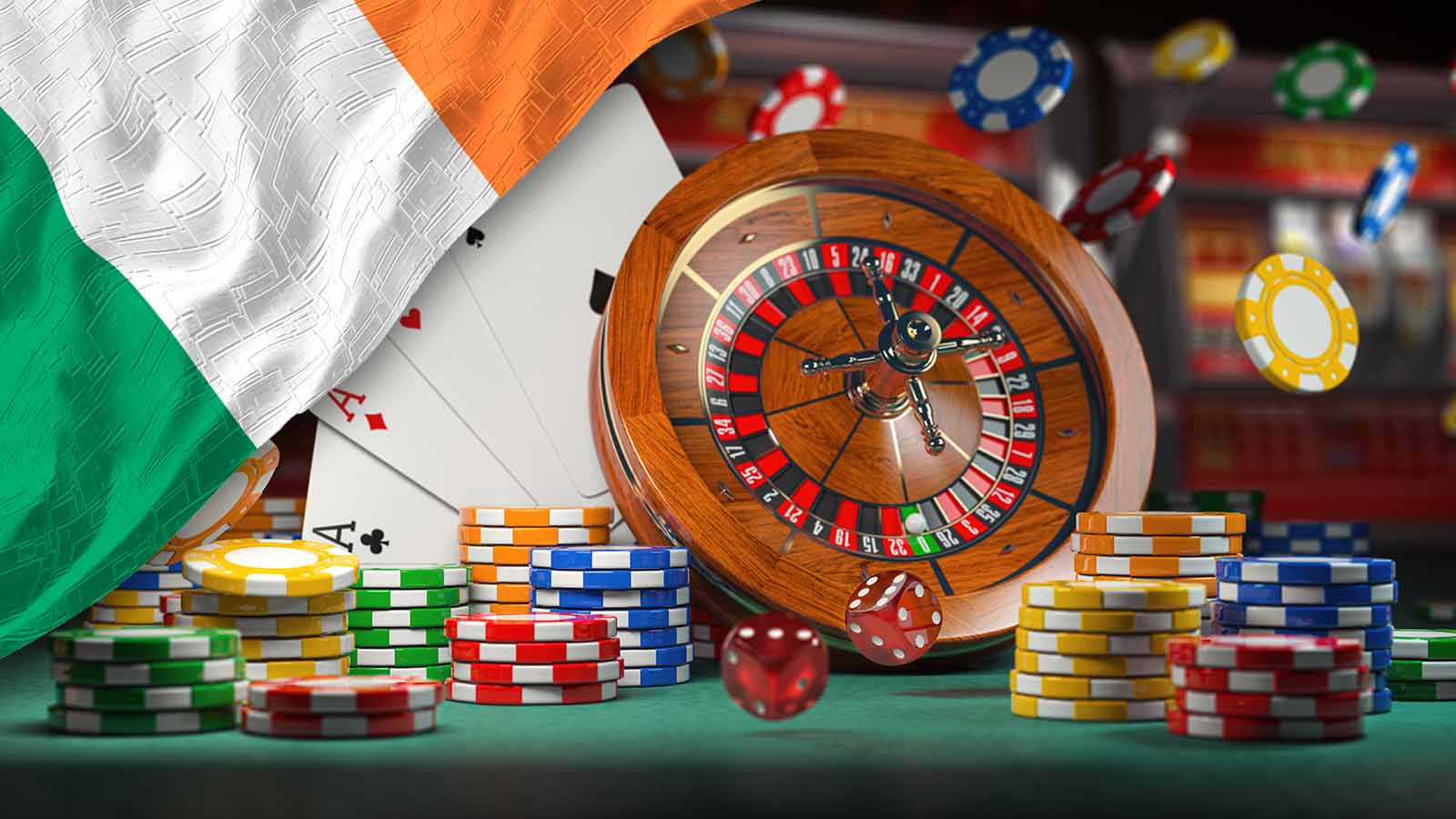Casino games have captivated players for ages, pulling them into a realm of excitement, fortune, and fortune. From the flashing lights of slot machines to the intense nature of poker games, these activities offer a special mixture of entertainment and hazard. However, below the surface of this sparkle and glamour lies a intricate connection of calculations that shapes every result and choice made within the gambling establishment.
Comprehending this relationship between casino games and mathematics not just enhances the player’s journey but may also help players make wise selections. Whether you are a occasional player or a dedicated enthusiast, recognizing the mathematical principles at play can give insightful understandings into likelihood, probabilities, and approaches, finally affecting how one approaches these chance games.
Arithmetic Likelihood in Betting
In the sphere of gambling games, statistical likelihood plays a vital role in determining outcomes and informing player choices. kèo nhà cái Every activity has a distinct set of rules and a specific likelihood model that affects its dynamics. For instance, in games like roulette, players must understand the chances of landing a particular digit or shade. The likelihood of certain occurrences occurring can be assessed, and this understanding can substantially affect betting tactics.
Gambers also need to be aware of the house edge, which is the mathematical advantage that casinos hold over gamblers in the long term. This edge varies across various activities. In blackjack, expert players can use strategies to minimize the casino edge to as little as 1 %, while in activities like slots, the house advantage can be substantially larger. Comprehending the house edge allows gamblers to make wise choices about which games to play and the amount to wager.
Additionally, likelihood is crucial in the concept of risk versus reward in gambling. Each wager carries a certain danger level, and players must assess the potential return against that danger. Games like poker require players to not only assess the chances of their own hand winning but also to evaluate the likelihoods of their rivals’ showings. By utilizing mathematical principles to their strategy, gamblers can improve their chances of success and participate more strategically in the thrilling realm of casino games.
Anticipated Worth in Gambling Activities
When discussing casino games, one of the basic ideas rooted in mathematics is the anticipated value. This statistical metric helps gamblers understand the possible outcomes of their bets over a period. In basic terms, anticipated worth (EV) calculates the average amount a gambler can expect to win or lose per bet if they were to play the activity many times. Each activity has its own EV, influenced by the odds and the house edge, which signifies the benefit that the casino holds.
For example, think of a game like the roulette game. The expected worth can be calculated based on the particular bet placed. If a gambler bets on a individual number, the return is 35 to 1, but the true chances of success that wager are 1 in 37 (in European the roulette game). This leads in a detrimental anticipated value, indicating that, on average, gamblers will lose money over a period when playing this type of wager. Understanding this concept allows players to make better informed decisions about which activities and bets may be less advantageous.
Moreover, the investigation of anticipated worth can lead to better money management. Gamblers who understand the math behind their games are often able to set realistic expectations. By acknowledging their potential deficits and gains, they can adjust their playing strategies accordingly, which may improve their overall gambling experience. As a result, expected worth serves as a critical resource for both novice and experienced gamblers to navigate the often volatile nature of gambling activities.
Tactics and Chances: The Mathematics Behind Success

In gaming establishments, understanding the chances is crucial for gamblers seeking to maximize their likelihood of success. Each activity has its own unique set of chances that dictate successful performances, and these numbers are often found in the game’s regulations or payout tables. For example, in games like 21, gamblers can boost their probabilities through methods such as counting cards, which depends on math principles to gain an edge over the casino. By acquainting themselves with the probabilities, gamblers can make more informed choices on when to wager and when to fold.
Moreover, the concept of expected value plays a significant part in gambling strategies. Average outcome calculates the mean outcome of a wager over time, allowing participants to assess whether a certain wager is justifiable taking. For instance, video slots have a set payout percentage, which can indicate the typical payout a player can expect on their bets. By selecting activities with better average outcomes, players can lessen the casino edge, enhancing their potential returns in the over time.
Finally, successful players often utilize a combination of luck and math strategy to boost their gaming experience. While luck is uncontrollable, managing a wagering approach based on mathematical insights can lead to more favorable outcomes. By employing techniques such as budgeting and choosing games, gamblers can utilize math to navigate the volatile nature of gaming, making the most of their time and money at the casino.